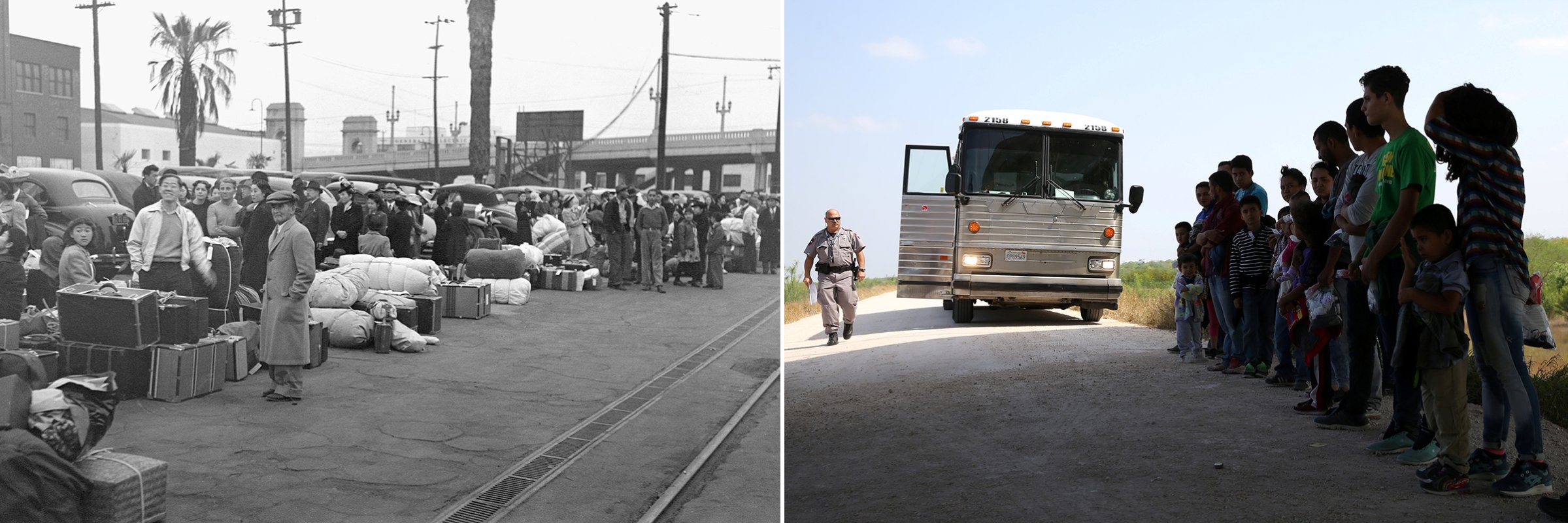
Mineta was a U.S. Representative for California from 1975 to 1995, U.S. Secretary of Commerce from 2000 to 2001 and U.S. Secretary of Transportation from 2001 to 2006.
In 1942, as a 10-year-old boy in San Jose, Calif., I was one of 120,000 people—close to 70% of us were American citizens—taken from our homes by the U.S. government and put into makeshift detention camps at horse racetracks. Our so-called crime was that we were of Japanese ancestry after Japan had attacked America.
When I was put into a camp, I was too young to be angry. I was afraid and confused. And I was ashamed of being punished for somehow being different.
Forty years later, the federal Commission on Wartime Relocation and Internment of Civilians determined that there was no military necessity for our detention. It concluded that the causes for the internment were racial prejudice, hysteria and “a failure of political leadership.”
Today the circumstances are different, but the causes are the same. From his first words as President to the recent suggestion that America is at risk of becoming “a migrant camp,” Donald Trump has trafficked in fear. “We” are up against “them,” and “they” are coming to get “us.”
Immigration, refugee resettlement and maintaining national borders were some of the toughest problems I faced in my years as a member of Congress. To resolve those issues requires hard choices, tempered by compromise and political courage.
America is at its best when it applies its democratic values, a can-do spirit, an open heart and a helping hand to problems like these. It is at its worst when it forgets those values and acts like a frightened, angry nation with second-rate political leaders.
We don’t need 40 years and a commission to tell us what went wrong here.
More Must-Reads From TIME
- The 100 Most Influential People of 2024
- Coco Gauff Is Playing for Herself Now
- Scenes From Pro-Palestinian Encampments Across U.S. Universities
- 6 Compliments That Land Every Time
- If You're Dating Right Now , You're Brave: Column
- The AI That Could Heal a Divided Internet
- Fallout Is a Brilliant Model for the Future of Video Game Adaptations
- Want Weekly Recs on What to Watch, Read, and More? Sign Up for Worth Your Time
Contact us at letters@time.com